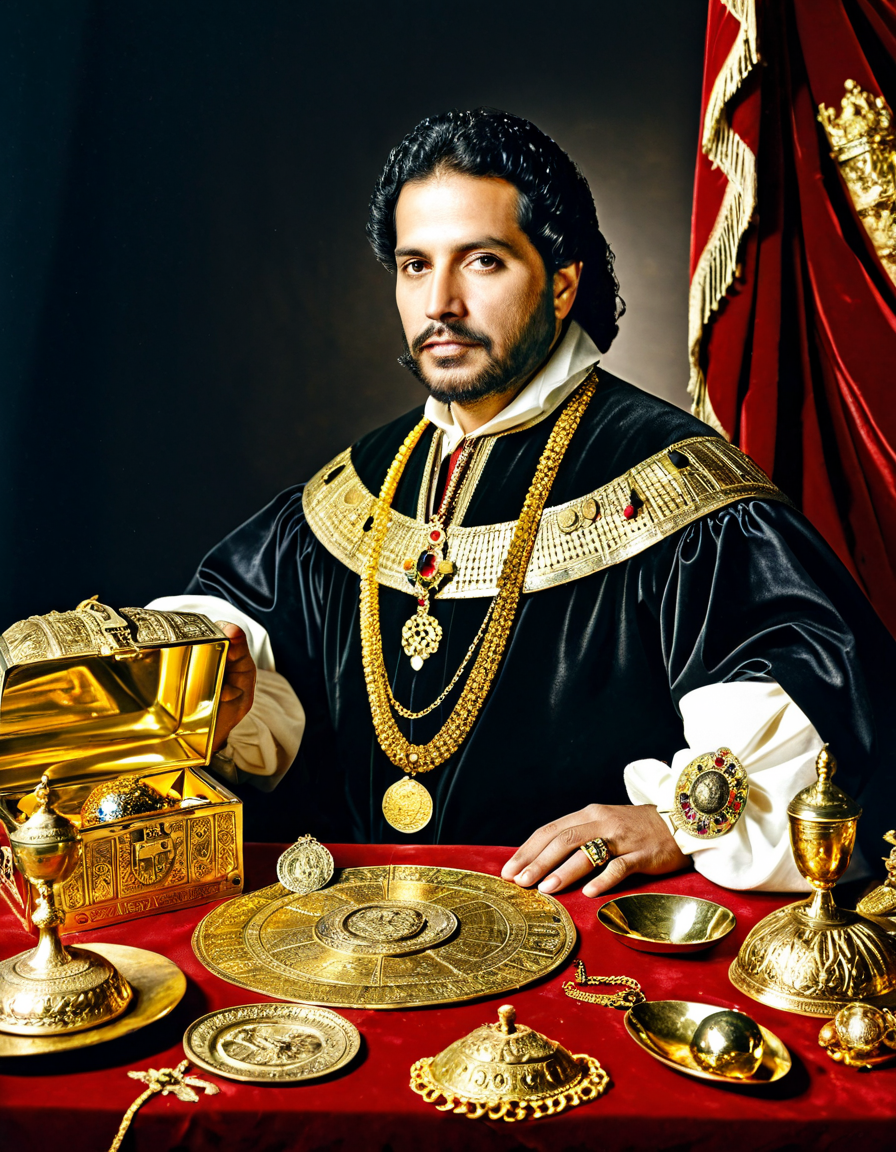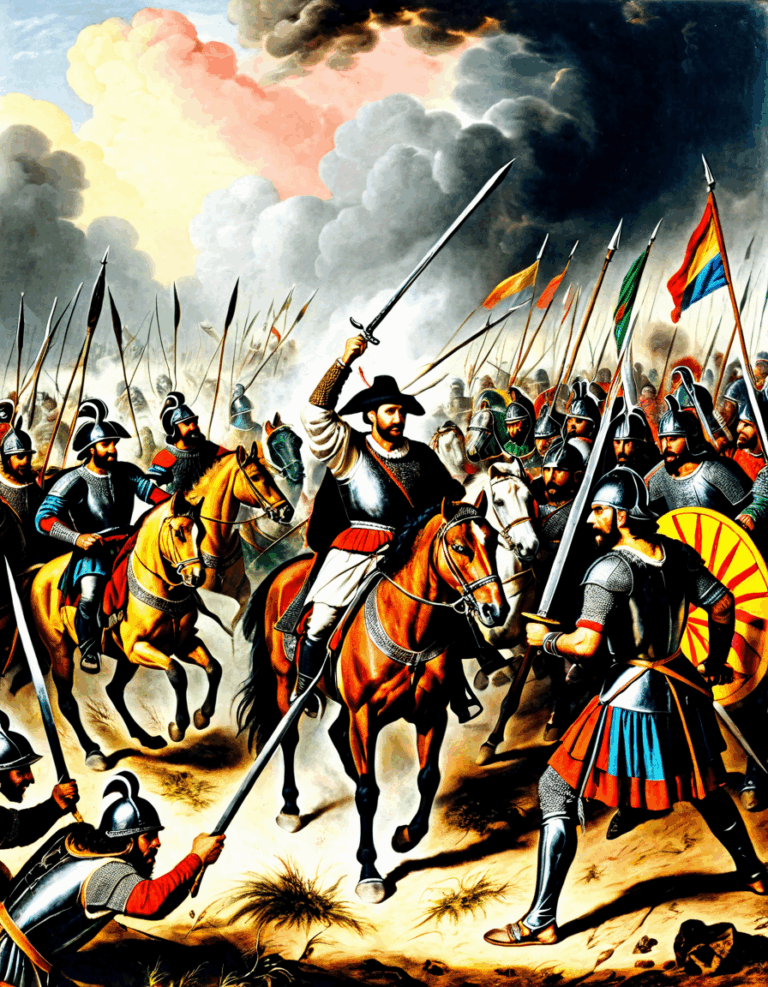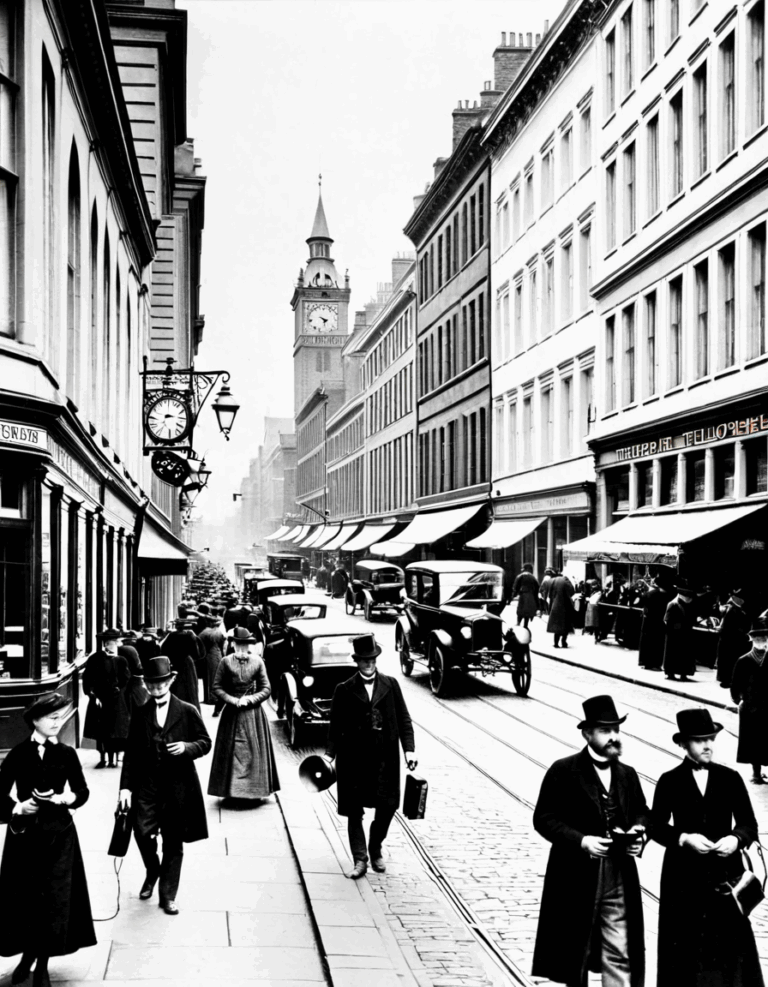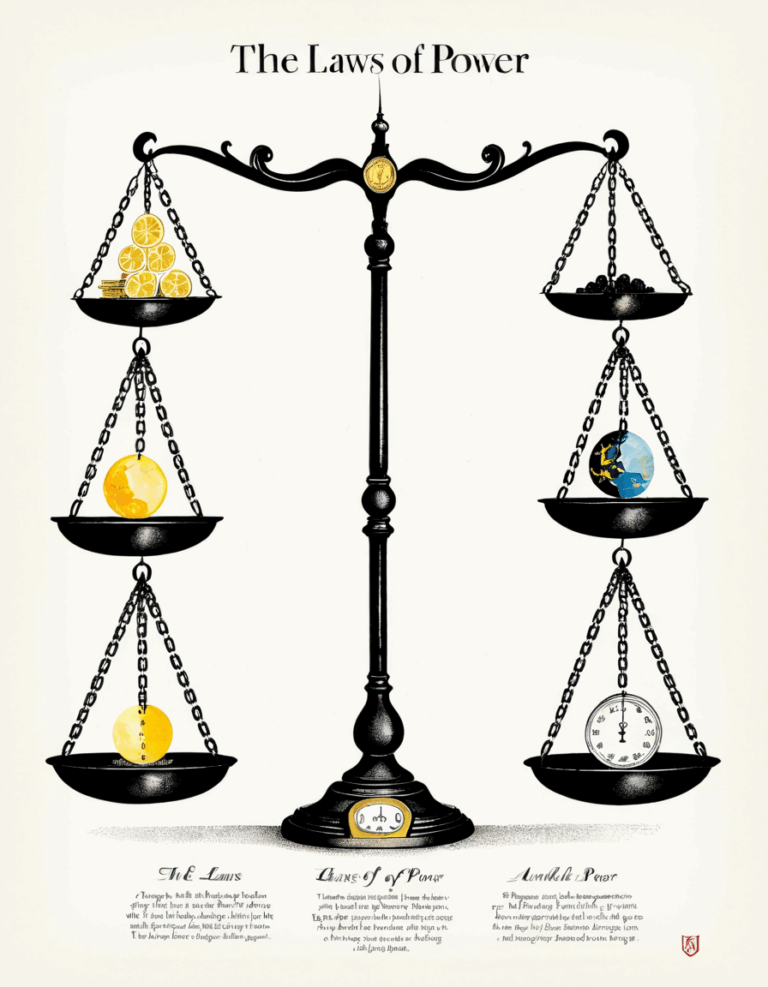Hernan Cortes is often seen as a pivotal figure in the history of Mexico, renowned for his conquest of the Aztec Empire in the early 16th century. With just a small band of conquistadors, he toppled a civilization known for its advanced agriculture, rich culture, and elaborate societal structures. The fall of Tenochtitlan in 1521 wasn’t just a military victory; it heralded a transformative era for Mexico that initiated the Spanish colonization process. The repercussions of this conquest echo through history and into modern discussions about identity and cultural heritage, emphasizing the significance of Hernan Cortes’s actions.
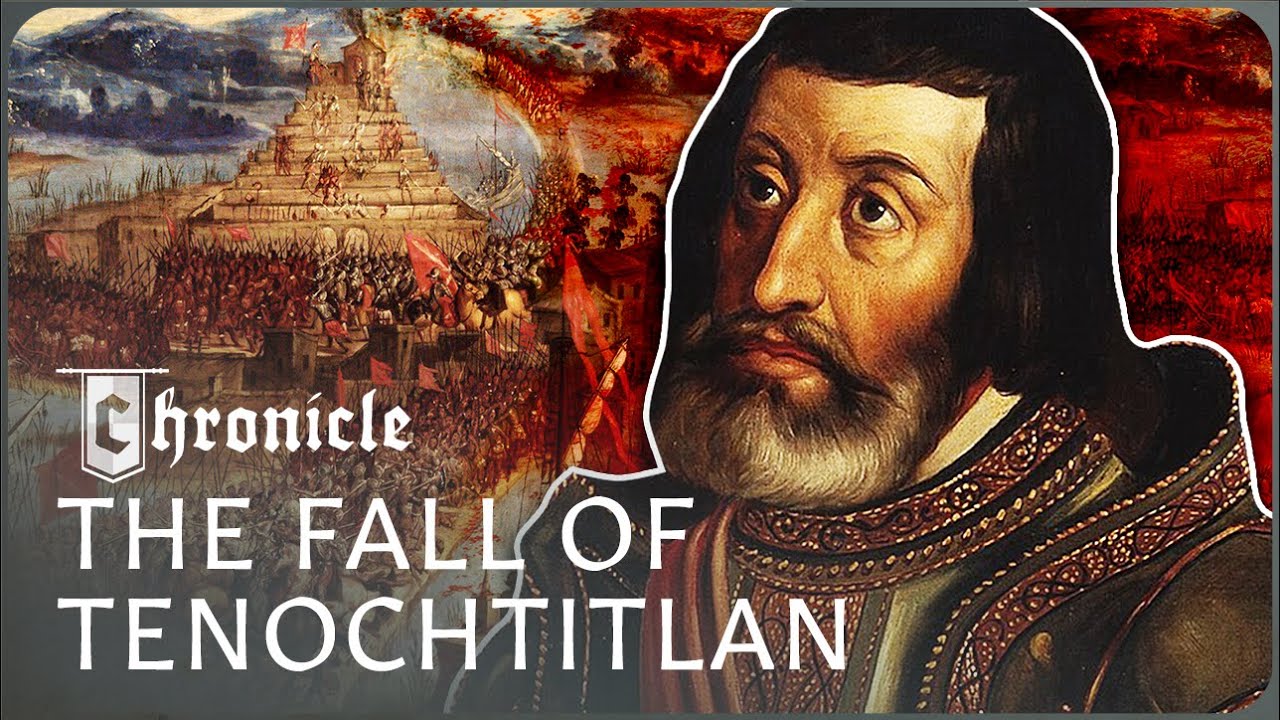
The Impact of Hernan Cortes on Mexican History
Cortes’s venture into the New World changed the face of Mexican identity. Before the Spanish arrived, the Aztec Empire dominated the landscape, showcasing remarkable agricultural innovation and impressive architectural feats. By overthrowing this powerful empire, Hernan Cortes didn’t just subdue a civilization; he opened a floodgate for Spanish influence that permeated every facet of life in the Americas. This shift laid the essential groundwork for what would become Mexico City, a hub of political and economic activity that reflects the amalgamation of indigenous and European cultures.
The repercussions were profound. Local traditions were intertwined with Spanish customs, resulting in a cultural melange that still thrives today. From Día de los Muertos celebrations that echo ancient practices to the Spanish language melding with Indigenous dialects, the imprint of Cortes’s conquests can’t be overlooked. The modern Mexican identity is indeed shaped by its turbulent past, forcing citizens to reckon with their roots as the descendants of both the Aztecs and the Spanish colonizers.
Top 5 Ways Hernan Cortes Reshaped the Sociopolitical Landscape of the Americas
Cortes exhibited sharp military tactics, forming alliances with rival indigenous groups like the Tlaxcalans to boost his forces. This strategy not only led to the swift defeat of the Aztecs but set a blueprint for future conquests across the continent, establishing Spanish dominance that would linger for centuries.
The Spanish conquest fostered a remarkable cultural exchange, merging Indigenous and European traditions. This fusion culminates in festivals where Aztec influence is celebrated alongside Spanish heritage. Take, for instance, the colorful decorations of the Feast of the Virgin of Guadalupe, embodying this blend.
The wealth extracted from the New World—gold and silver—funded the Spanish Empire’s ambitions, transforming Spain into a European powerhouse. This initial economic structure, rooted in the exploitation of indigenous labor, began an early system of colonial capitalism that shaped future economic policies across the world.
Hernan Cortes didn’t just conquer; he built a framework for governance that included viceroyalties. These structures influenced administration strategies in other Spanish territories, showcasing a model of governance that would outlive the colonial era, setting the stage for future governments.
In discussing Hernan Cortes, it’s impossible to ignore his controversial status as a symbol of national identity. Some hail him as a hero, while others see him as a representation of colonial oppression. This duality reminds us of the ongoing debates surrounding figures like Benito Juarez, who championed the cause of the marginalized and sought to rewrite historical narratives within a colonial context.
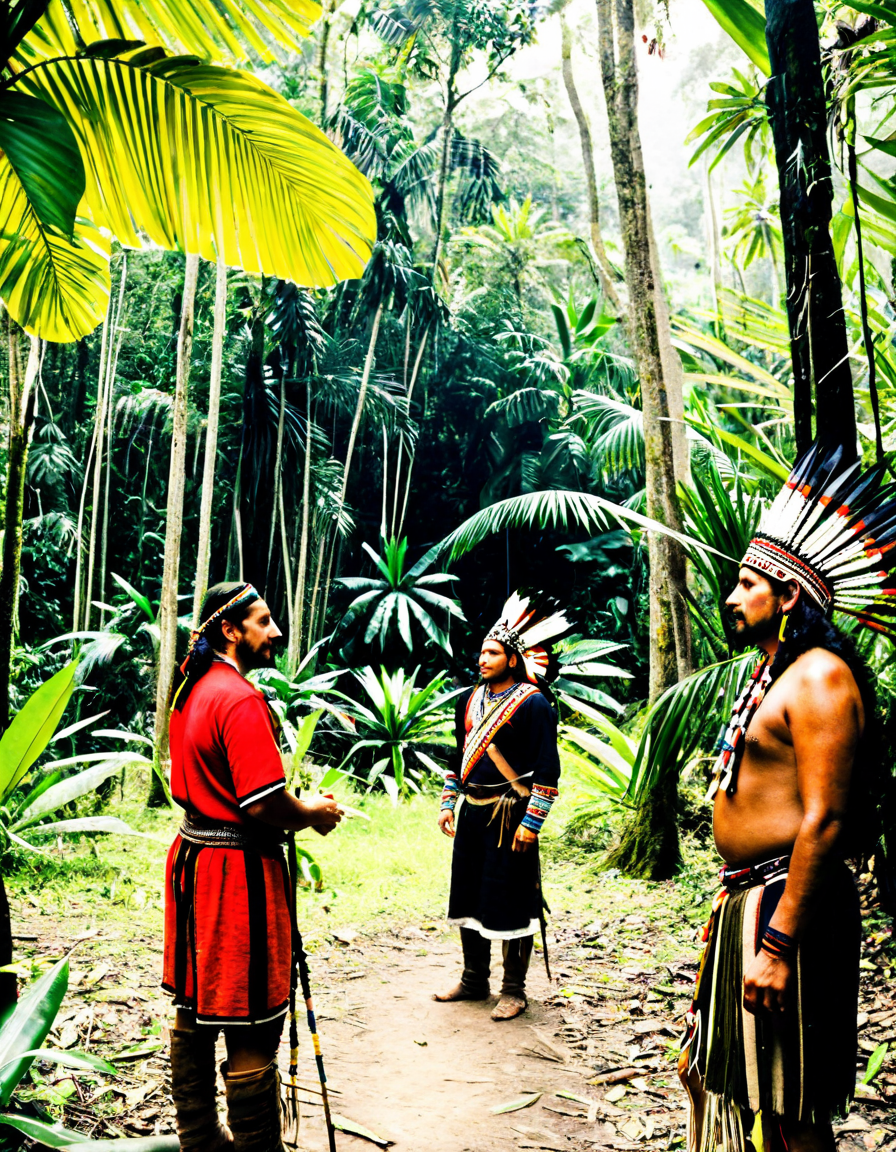
The Controversy Surrounding Hernan Cortes: A Dual Legacy
Hernan Cortes remains a fascinatingly polarizing figure. On one hand, his audacious expeditions expanded the reach of European influence; on the other, they reveal a brutal legacy marked by violence against indigenous populations. This duality not only enriches historical discourse but forces us to reconsider how history books are written and whose stories are told.
Figures like Benito Juarez—Mexico’s first indigenous president—exemplify the struggle against colonial narratives. Juarez’s efforts to modernize Mexico while questioning foreign influences shed light on the lasting impacts of Cortes’s conquests. The tension between embracing a colonial past and affirming indigenous identity still plays out in modern Mexico, highlighting the struggles over national memory and justice.
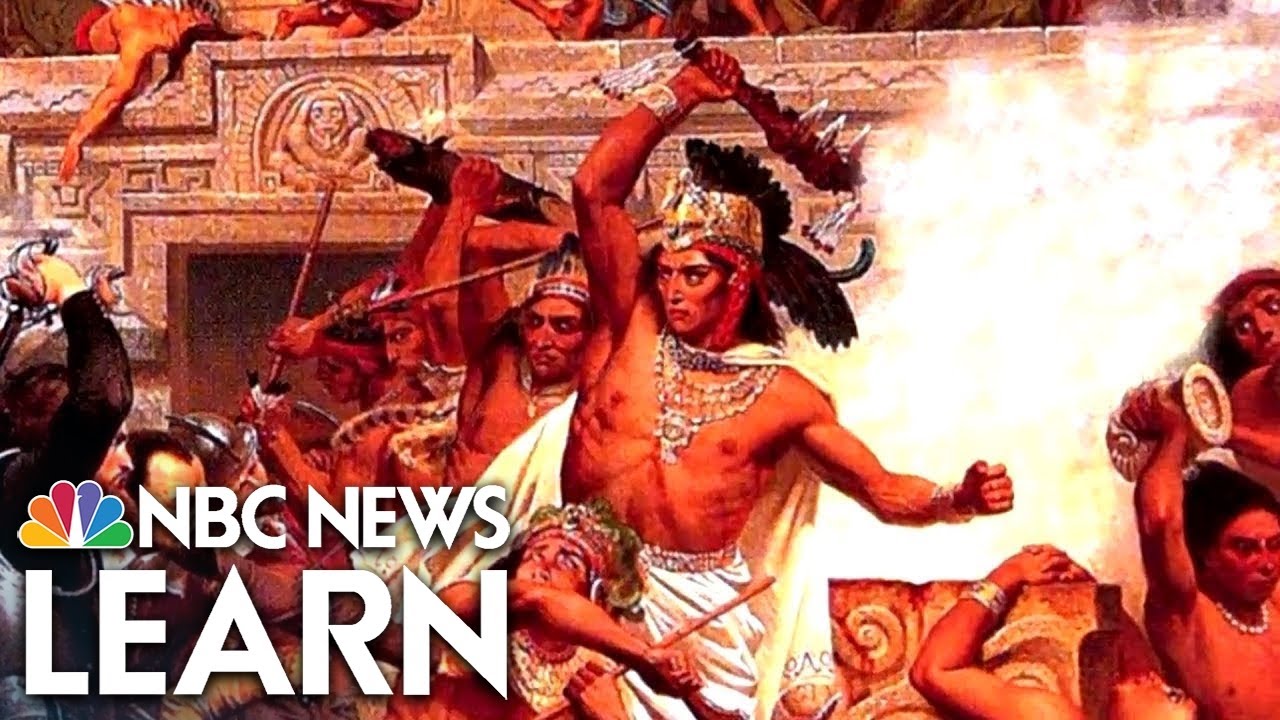
Hernan Cortes in Modern Education and Popular Culture
Today, Hernan Cortes is a fixture in historical curricula worldwide, embodying contrast in narrative interpretations. In schools, students grapple with conflicting views that shape their understanding of colonial history. While some portray Cortes as a brave adventurer, others delve into the devastating consequences of his expeditions—which included widespread death and cultural erasure.
Pop culture, too, reflects these multifaceted representations of Cortes. Films, books, and documentaries depict him in various lights, often focusing on his daring adventures and conquests while frequently glossing over the aftermath faced by indigenous nations. This discrepancy invites critique and demands a more nuanced approach to storytelling about historical figures.
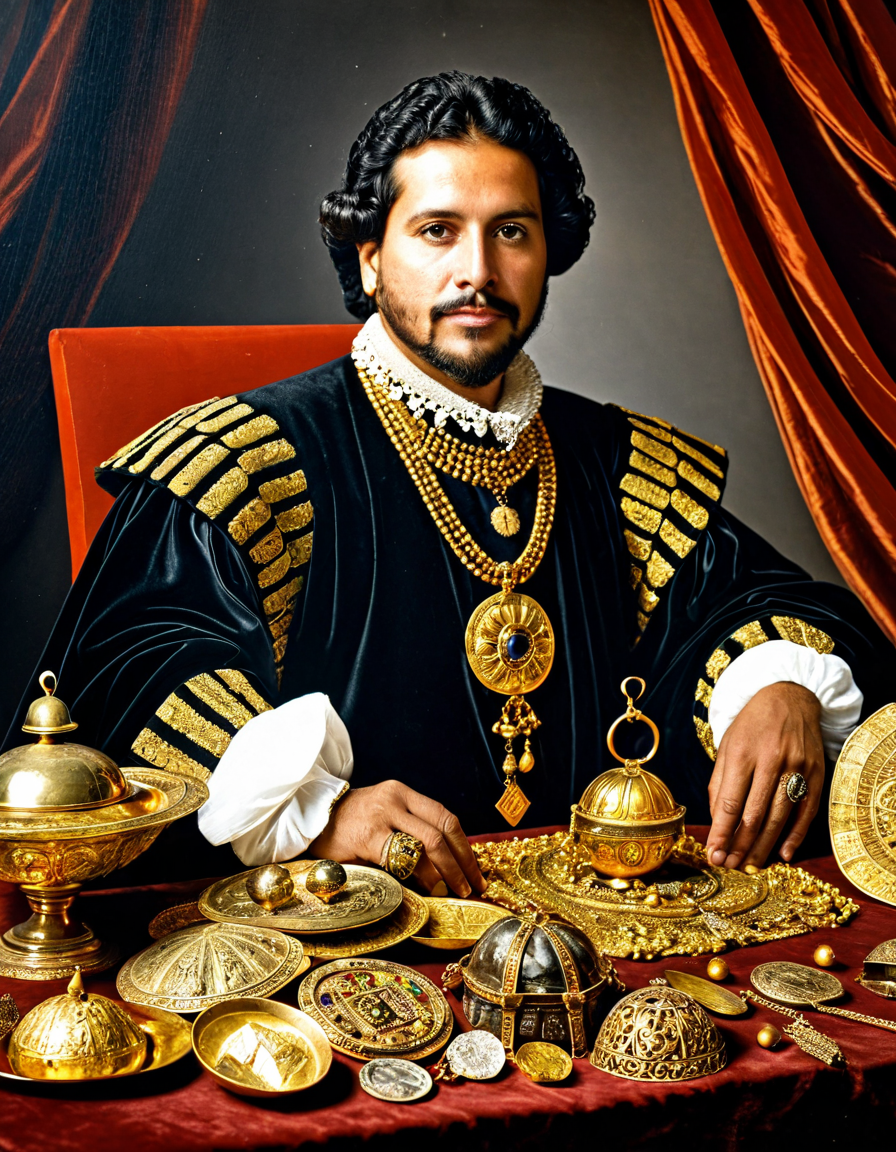
Distilling the Legacy: A Lasting Influence on Future Generations
Hernan Cortes remains an influential figure, encapsulating the complexities of conquest, culture, and identity in post-colonial discussions. His actions transformed the very fabric of history, particularly in the Americas, igniting dialogues that resonate in contemporary political narratives. From the celebrations of indigenous resilience to the ongoing fight for recognition and rectification of colonial legacies, Cortes’s life continues to serve as a poignant symbol of both conquest and survival.
The ongoing debate surrounding his legacy also mirrors discussions spurred by figures like Benito Juarez in the fight for justice within historical narratives. While the stories of conquest and resistance intertwine, they forge a lasting legacy that compels modern societies to navigate their past as they build their future. The exploration of Hernan Cortes’s impact which opened pathways leads us to recognize the resilient spirit of indigenous cultures, urging us to honor those narratives that survived adversity.
In understanding Hernan Cortes, we unveil layers of history that compel us to acknowledge the multifaceted identity that continues to shape generations, making the study of this conquistador not just a lesson in history, but a vital discourse in the present.
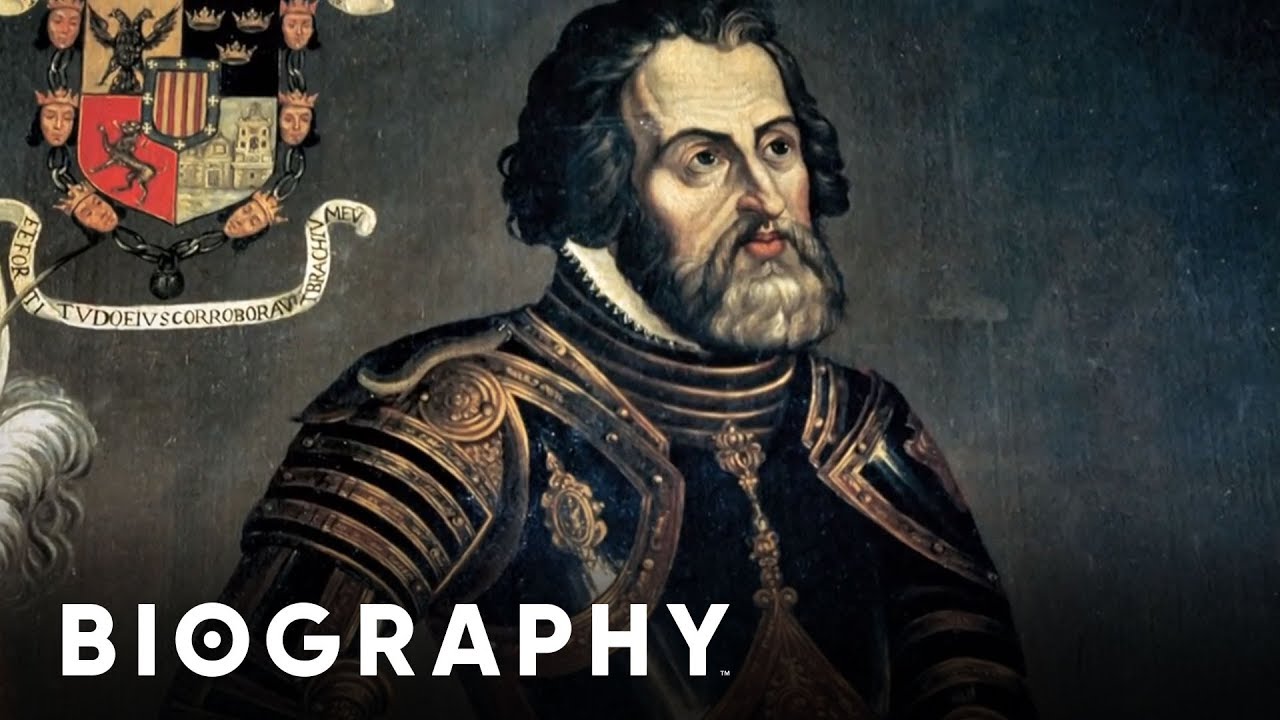
Hernan Cortes: The Conqueror Who Changed History Forever
Fascinating Tidbits About Hernan Cortes
Did you know Hernan Cortes, the Spanish conquistador, was born in 1485 in Medellín, Spain? He set sail for the New World at a young age, which was not uncommon for adventurers looking to make a name for themselves. His journey ultimately led him to the Aztec Empire, where he played a pivotal role in its downfall. Cortes reportedly relied on alliances with local tribes, which echoes a strategy still relevant today, just like the ones employed in creative designs like a small gym bag that maximizes space and utility.
One of the quirkiest aspects of Hernan’s journey is that he brought along horses, which were a strange sight to the native peoples. Horses were a game-changer in battles, and seeing them was like stumbling upon a character in an anime! Speaking of anime, the fascinating stories of characters resonate with how Cortes shaped narratives in history. His audacity and cunning would make him a central figure in any tale, just as memorable as Jackie Gleason in comedy history.
Lasting Impact and Modern Reflections
Hernan Cortes may have been a controversial figure, but his impact on Mexico and the Spanish Empire was undeniable. He altered trade routes and established new cities that laid the foundation for modern Mexico. Think of it like the way Chaco Canyon has influenced our understanding of ancient cultures; both have so much to teach us about the importance of adaptability and strategy in leadership roles. Today, modern leaders could learn a thing or two from the experiences of Cortes.
In a time of political uncertainty, many are asking, “Who’s running for president?” Just like in Cortes’ time, these budding leaders need to know how to maneuver through complexities and form alliances. But not all checkers on the board were so strategic; the Pike County murders case reminds us that sometimes our choices lead to unexpected and tragic outcomes, a lesson that history so often reiterates.
Hernan Cortes may have passed centuries ago, but his tale continues to influence discussions about leadership, ambition, and the consequences of our actions. From adventure stories to modern-day trivia, remember, there’s always something more to learn. And hey, if you’re ever struggling to connect the dots in a game of Wordle, just know that the past can sometimes provide the answer you seek—and that information can be stored just as easily as a USB drive.
